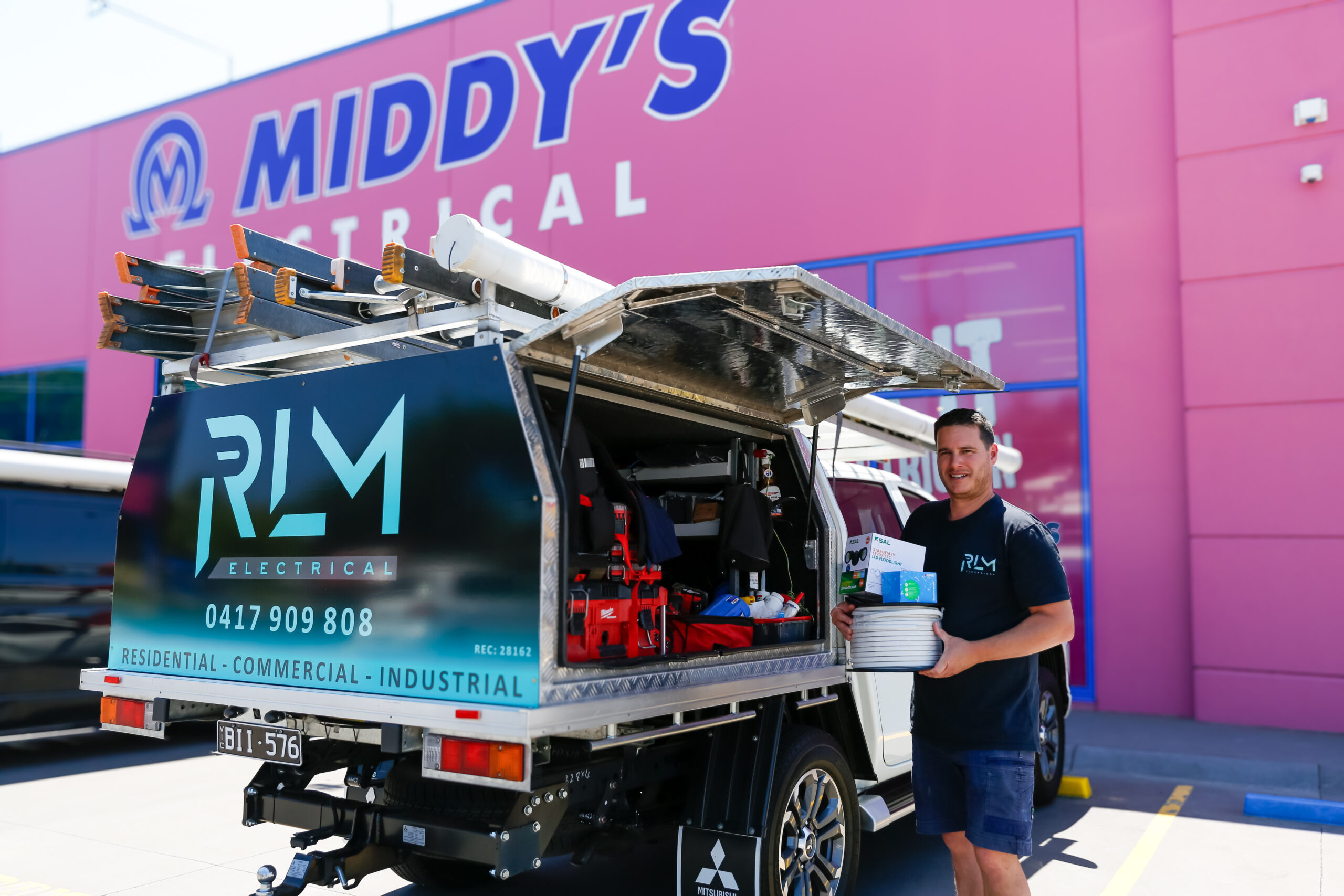Gas home heating – soon to be a thing of the past?
There’s been plenty of talk about a big switchover from gas to electric, but what’s actually driving the shift?
Gas has been one of the key ways we’ve heated our homes, our hot water and fuelled our stove tops for a hell of a long time. After all, could you even say you could cook if you weren’t ‘cookin’ with gas’?!
But the times, they are indeed a’changin’, and you’ll no doubt have heard, read or watched some hard-hitting news item about gas being, well, gassed out.
So, what’s the story?
Why is gas now not favoured as a form of home heating?
Well, it all boils down to a few things. Achieving net zero, of course, as well as cost – some of which stems from the war in Ukraine.
The Labor Government has been talking since 2022 about subsidies to move low-income households away from gas in favour of electricity. Indeed, the Greens declared, ‘Gas’s time is over!’ And, if we’re serious about getting to net zero by 2035, gas – as a polluting fossil fuel – will be phased out.
There’s a general understanding that we’re working towards an electrified future – some state governments are offering incentives for homes to replace gas appliances and fittings with electric ones, and the ACT is planning on being an all-electric state by 2045.
Of course, changing from gas to electricity isn’t as simple as flicking a switch.
New ovens, cooktops, heaters, and hot water systems will need to be bought and installed (good news for electrical contractors…) and the old ones ditched and scrapped.
Research from One Big Switch suggests that households can save almost $10,000 over 12 years by switching from gas to electric appliances – however, when you factor in the cost of purchasing those new appliances, that saving decreases significantly.
The financial benefits of switching from gas
And the cost issue is incredibly valid right now. Figures from the Australian Energy Regulator show the wholesale cost of gas has increased in Sydney, for example, from $6.49/GJ in 2019/20 to $22.38/GJ this year, while elsewhere in the country prices have increased similarly, which of course hits home hard – especially in the current economic environment.
There’s also a health concern too.
The Climate Council’s teamed up with Sarah Wilson of ‘I Quit Sugar’ fame to launch ‘I Quit Gas’.
The ‘I Quit Gas’ initiative came after research showed that while 90 per cent of Australians understand the risks of tobacco and asbestos, only 32 per cent know that gas in the home is a significant health hazard thanks to leaking toxic gases.
So, what’s the real play here? On one hand, there’s a clear move to encourage renewable energy production, and ultimately, if most households are producing some or most of their own electricity, it ticks a few boxes for many.
The gas produced in Australia
The elephant in the room, though, is that Australia produces gas. Lots and lots (and lots, and lots) of gas. But a massive 80 per cent of that gas is exported. In fact, we’re in the top three exporters of liquid gas in the world, alongside the US and Qatar. Government policy has enabled many gas companies to export freely, meaning now we’re exposed to the volatility of the international market.
And, electricity prices have increased as gas is used to generate electricity.
So, ultimately, it seems the more we can move away from gas the better – however, it does leave questions about the impact increased demand will have on the grid….
There’s plenty of good news for contractors here. With a changeover to electric, goods installation will be required, while a greater reliance on renewable energy produced by each household will mean solar projects should keep on keeping on…





Comments (0)
Write a Comment